In a world filled with uncertainty, many people are turning to prepping to ensure their survival in a crisis.
However, one important factor often missed is how city living affects a prepper’s ability to thrive in a disaster.
While city comforts and amenities are tempting, they might come with significant risks during a major disaster.
In this article, we explore why city living might pose challenges during a crisis, find ways to deal with these risks, and effectively prepare for emergencies.
We will also look at ways to adapt your prepping strategies to thrive in a disaster, even if you live in the urban jungle!
1. More Looters and Violence

The first thing that comes to mind when thinking about a disaster is danger, and one of the most obvious forms of danger is looters, gangs, and violence when living in such close proximity, especially in overpopulated cities.
Preppers living in the city should know this potential threat and take the necessary steps to secure their homes and property.
2. Inaccessible Water

During a crisis, access to clean water can become limited or even cut off entirely in urban areas. This is due to power outages, infrastructure damage, and panic buying.
That is why preppers need to have a plan for water sources, whether stockpiling supplies or finding alternative sources.
3. No Hunting or Fishing Opportunities

Living in a city means it may be difficult or even impossible to hunt or fish at any time, especially during a disaster.
Preppers must have plans for obtaining food before a disaster strikes, whether stockpiling non-perishable items or finding a community or urban farming project to join.
4. Trash and Sanitation Issues
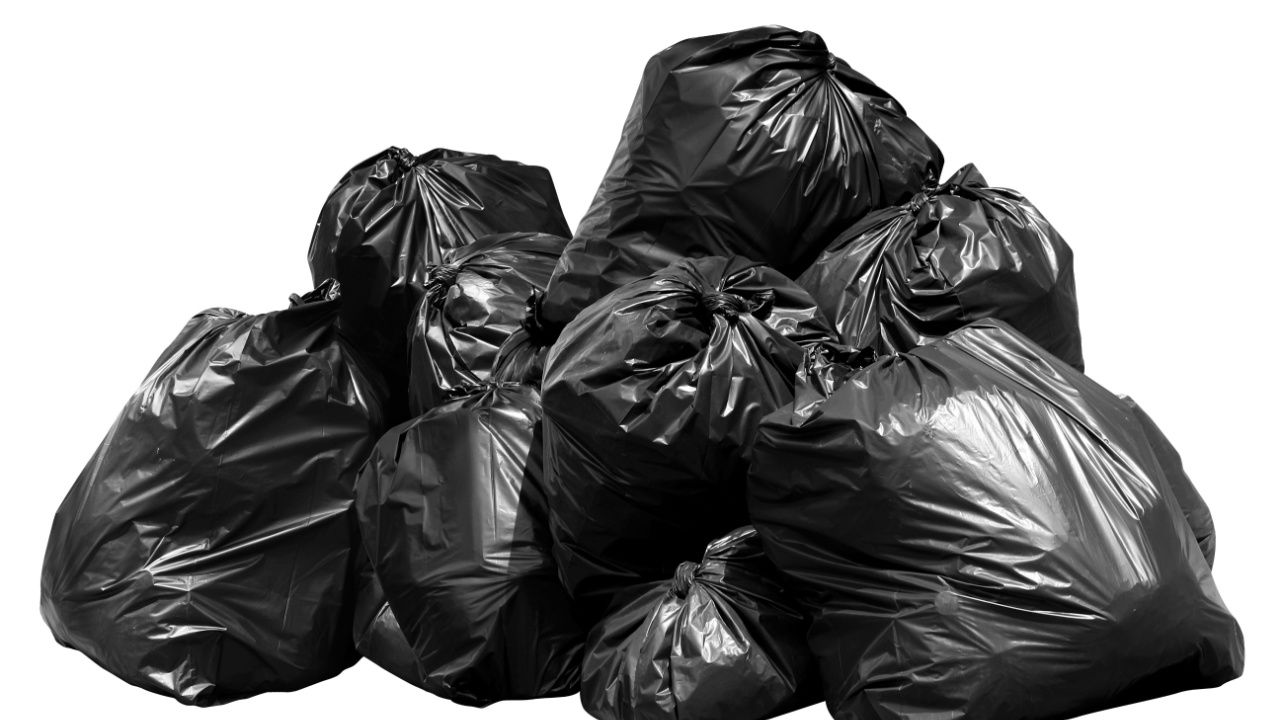
In a crisis, a disruption or complete stoppage of trash collection services in a city may occur, leading to sanitation issues.
Preppers need a plan, such as stockpiling supplies like garbage bags, hand sanitizer, toilet paper, cleaning products, and possibly a composting toilet.
5. Air Pollution
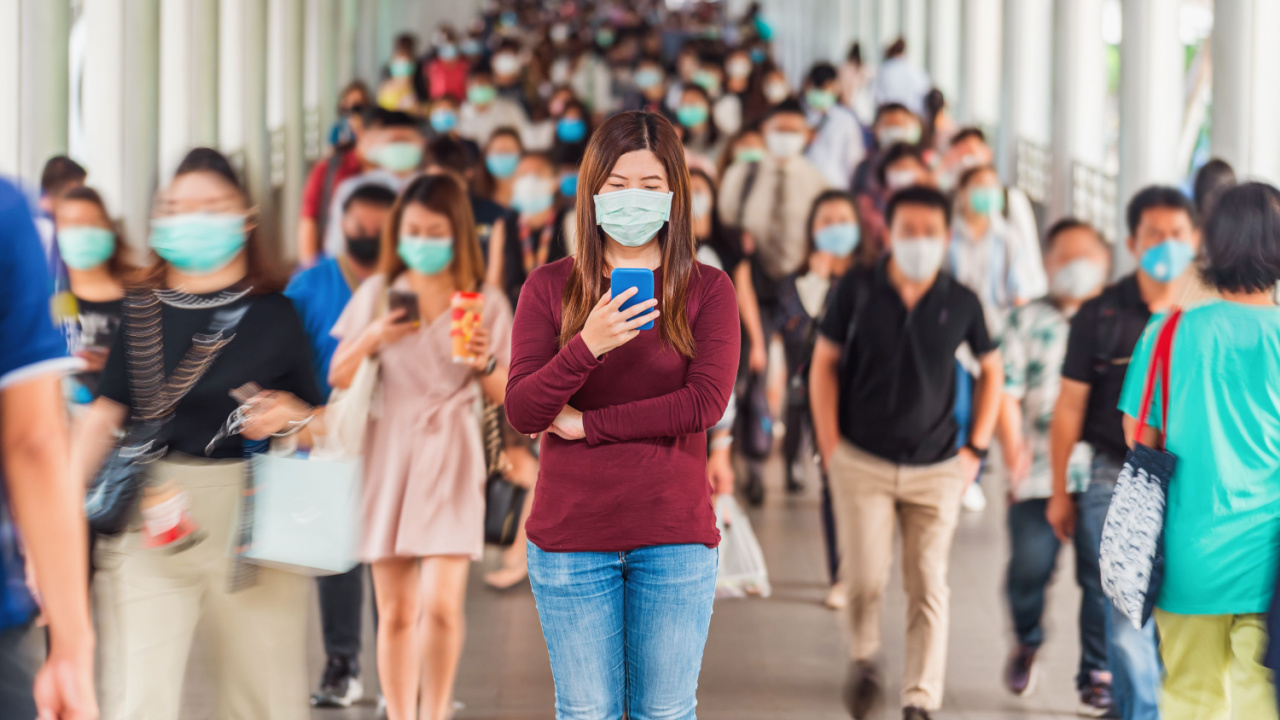
Cities tend to have high levels of air pollution, but debris and burning buildings may worsen the air in a disaster scenario.
Preppers should consider investing in air filtration systems and adding masks to their stockpile to protect themselves and their families.
6. Power Source and Backup
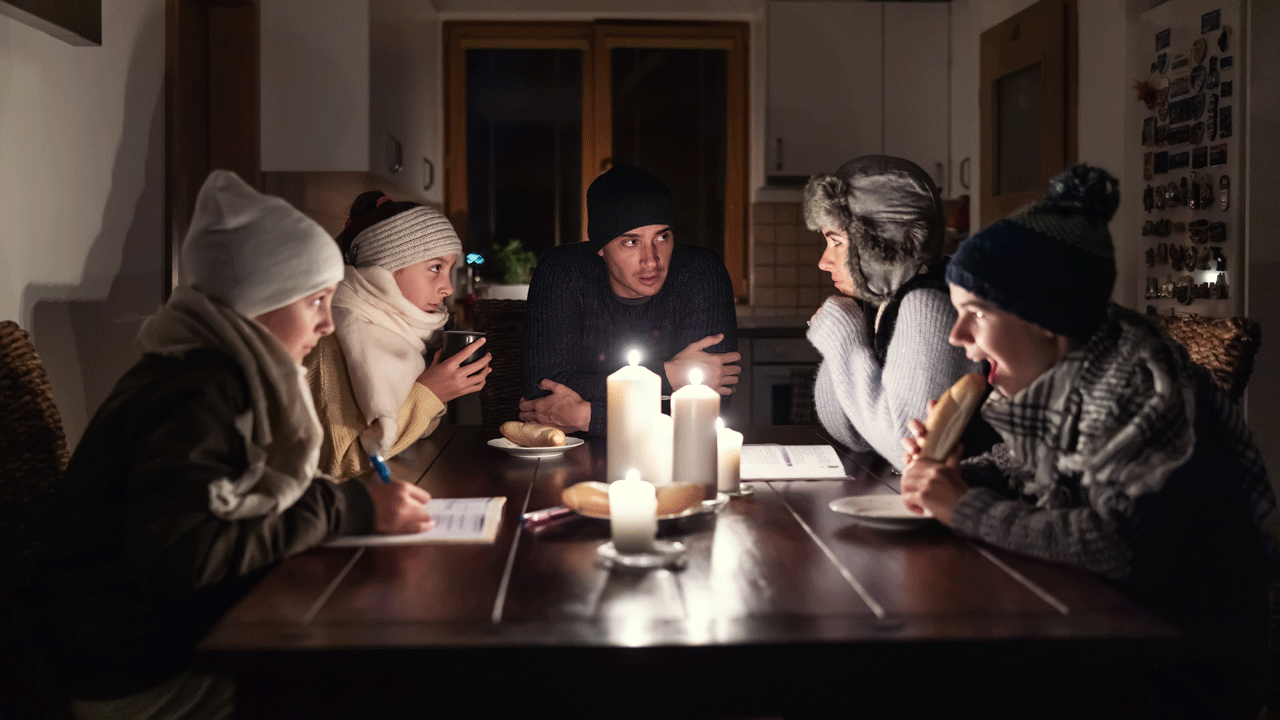
When a disaster strikes, power outages are almost inevitable.
However, in cities, the effects can be even more severe due to the reliance on electricity for basic needs like heating, cooling, and water supply.
Preppers should consider backup power sources like generators, solar panels, batteries, or a wood-burning fireplace.
7. Lack of Storage Space
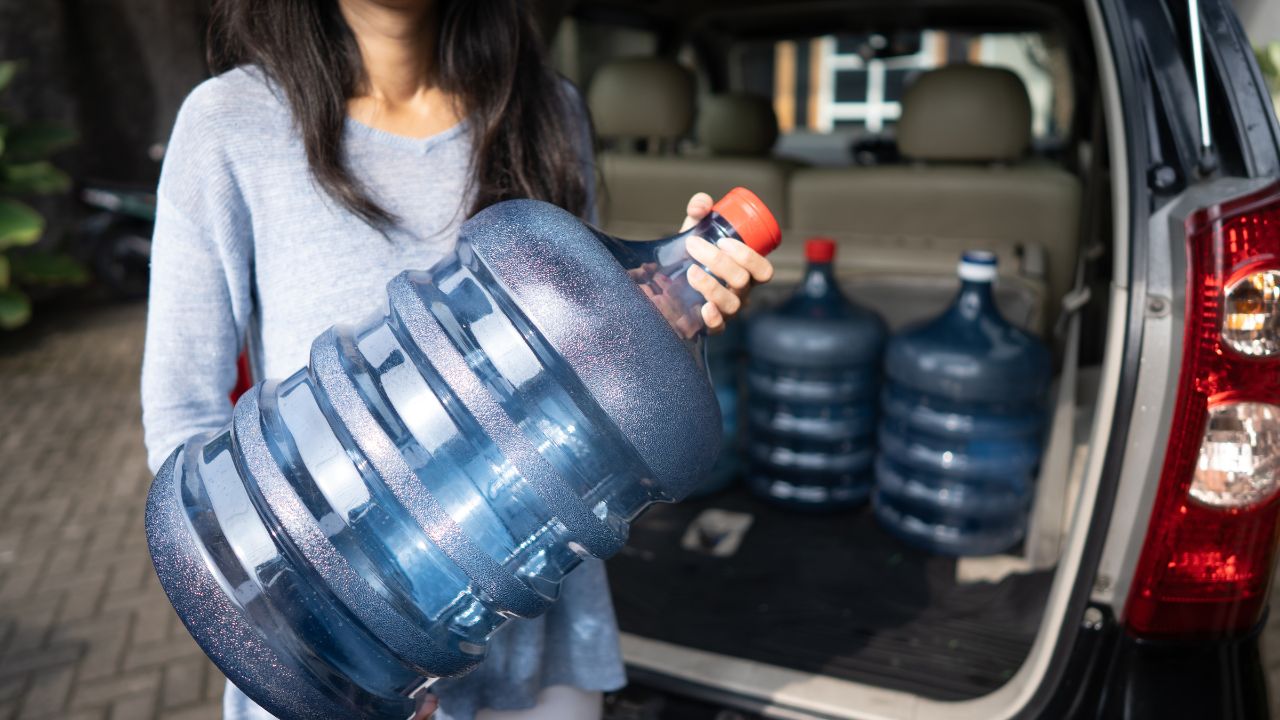
Living in a city can mean limited storage space, leading to the challenge of stockpiling emergency supplies.
Preppers can get creative and maximize their storage space by using under-bed storage containers or vertical shelving units.
8. Transportation Issues

In the event of a disaster, city transportation systems can become unreliable or shut down, making it difficult, if not impossible, to evacuate or reach essential resources.
Preppers should consider backup transportation, such as bikes or walking routes, and if they have a car, it’s wise to keep the gas tank full for emergencies.
9. Lack of Community Resources

Cities offer many community resources, such as food deliveries and shelters, but in the case of a disaster, these may be overwhelmed or unavailable.
Preppers need backup plans for access to necessities like medications and food.
10. Cascade Effect
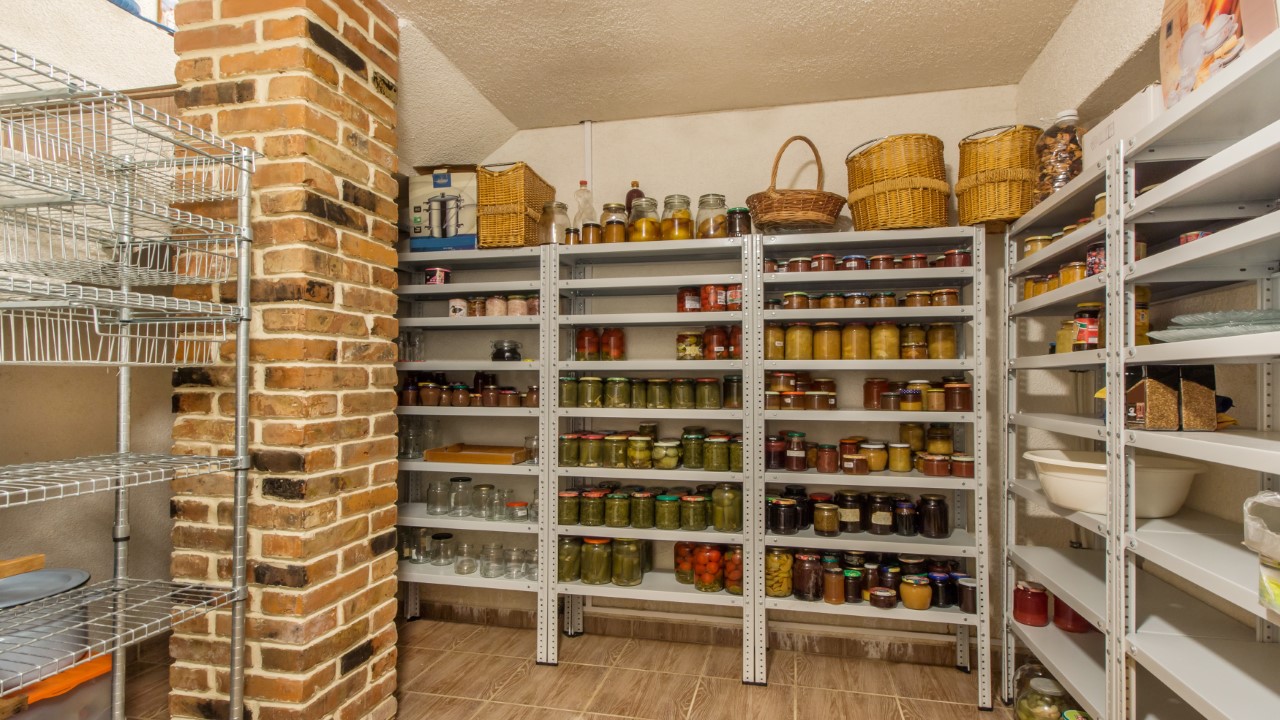
Natural disasters can trigger a chain reaction, where one crisis sets off another, such as an earthquake that may result in a power failure, and then food spoilage follows.
Preppers should consider the potential cascade effects and prepare backup supplies like food, water, and communication devices.
11. No Gardens
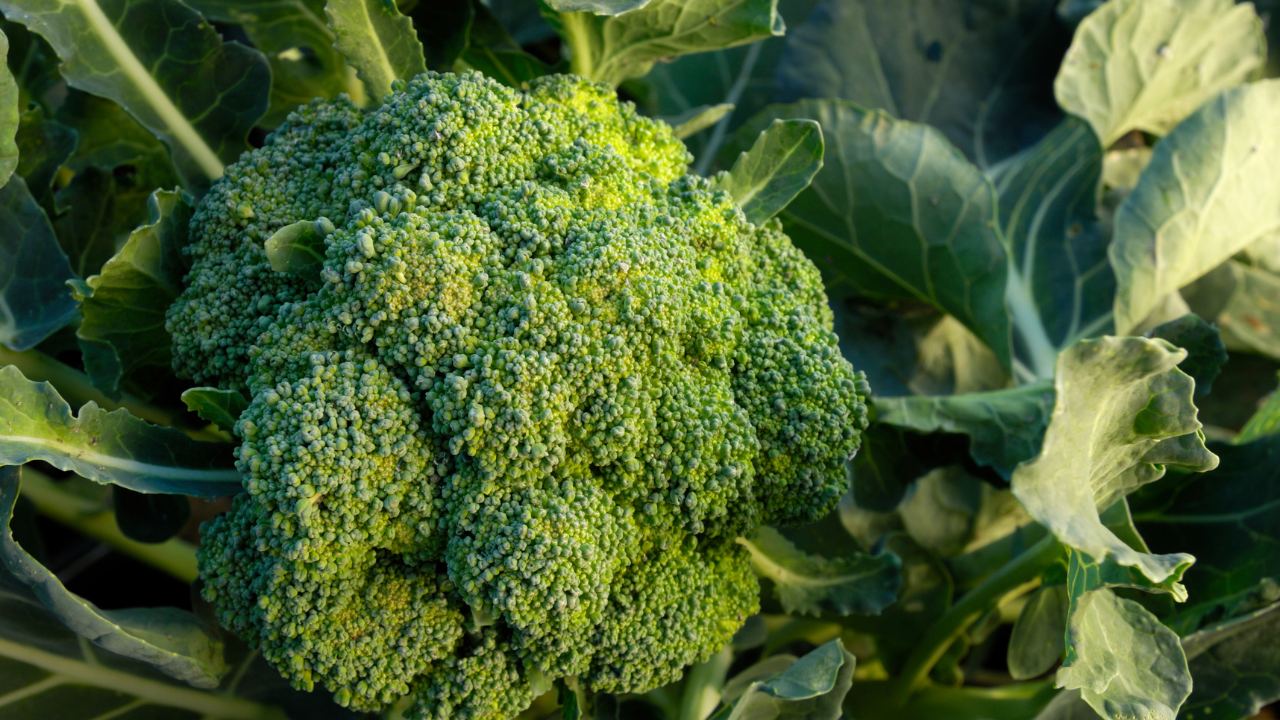
Living in a rural area gives you options for gardening that city living doesn’t due to limited space.
Preppers may need to get creative with indoor or rooftop gardens or join community gardens to grow food in the city.
12. Overwhelmed Medical Care

In a disaster, medical facilities may become overwhelmed or inaccessible.
Preppers should have basic first aid knowledge and supplies in their stockpile, as well as some simple remedies and treatments, just in case they can’t get medical help.
13. Lack of Community Support

Even though you have many neighbors nearby in city living, it can be isolating, and many people don’t know their neighbors.
Having a supportive community can make all the difference in your survival in an emergency, so preppers should reach out and build relationships with their neighbors before disaster strikes.
14. Greater Risk of Injuries from Building Structures
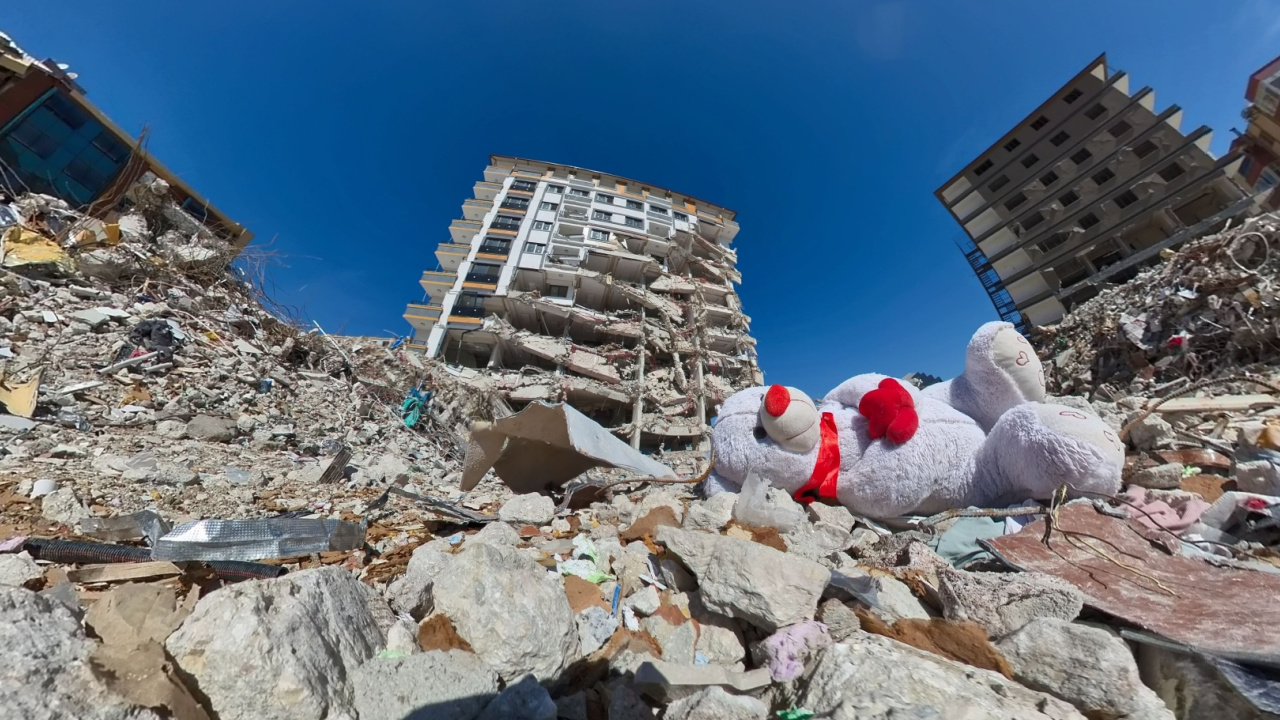
Cities usually have large, tall buildings and closely packed housing structures that could become a hazard, especially during an earthquake or other natural disasters.
These structures are not always built to withstand extreme conditions and can easily collapse if a disaster occurs, causing injury or trapping people inside.
15. No Natural Buffers
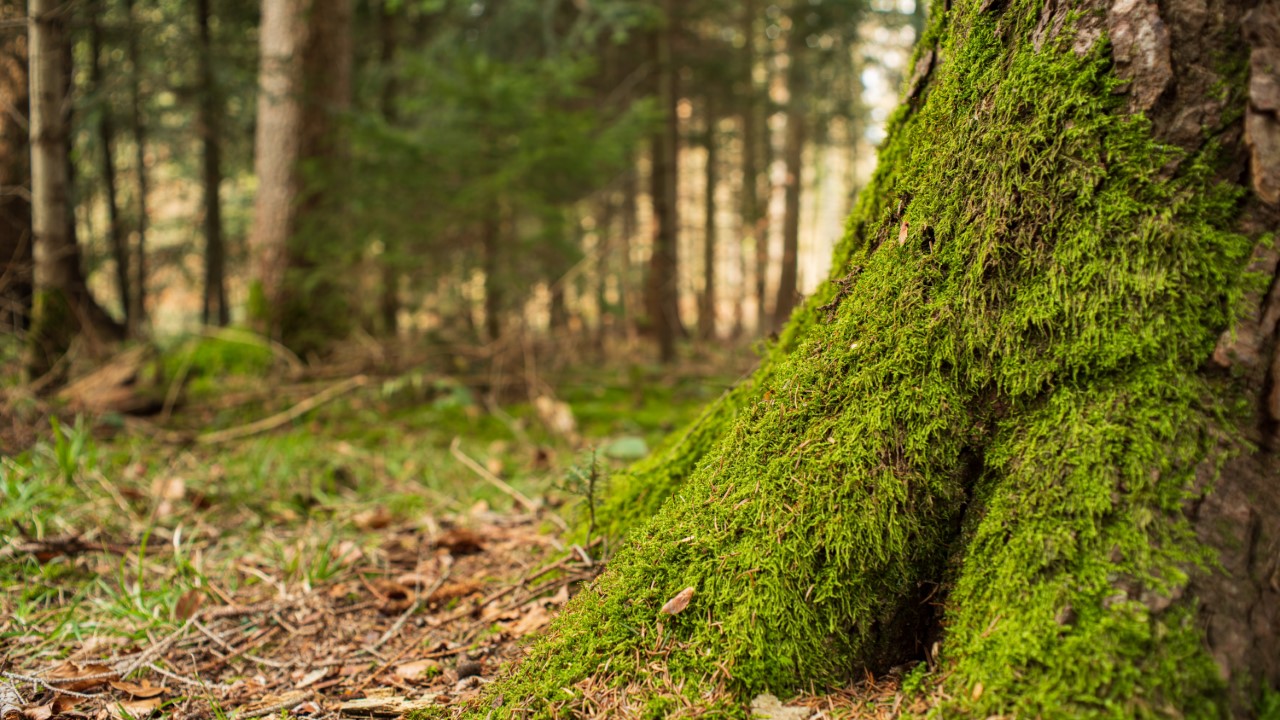
Living in the city means being surrounded by concrete structures and pavement, with little room for natural buffers like trees and vegetation.
During floods or heavy rains, this can increase the risk of landslides and flooding as there is more runoff and less water absorbed by natural buffers.
Preppers living in cities should have a plan to evacuate or seek shelter in a safer area before a disaster hits.
16. Urban Heat Island Effect

Cities experience the urban heat island effect, where the concentration of buildings and pavement creates a “heat island” that can be several degrees hotter than surrounding rural areas.
Preppers need to plan to stay cool during extreme heat, whether in a well-insulated shelter or finding ways to create shade and ventilation in their environment.
17. Water Contamination
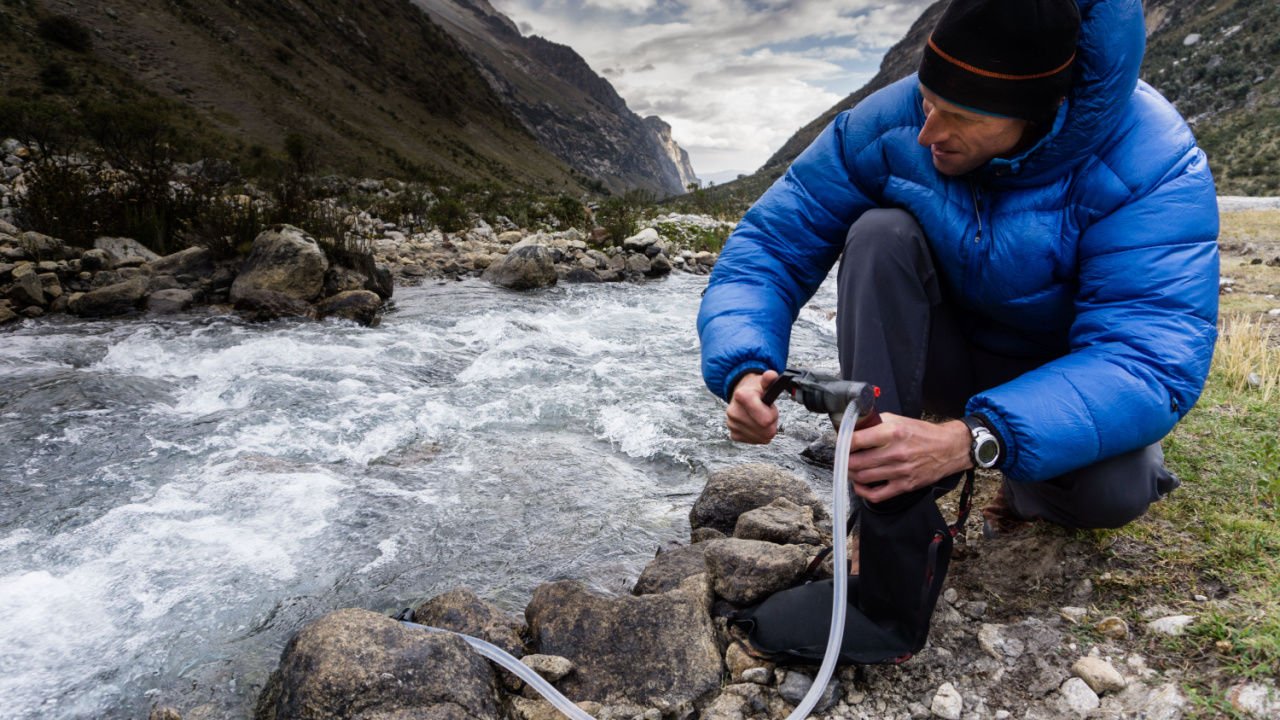
Some cities face the threat of flooding from heavy rain or hurricanes, which leads to water accumulating on the streets and, in turn, poses a significant risk of water contamination.
Preppers should have a stockpile of bottled water and a way to purify and filter water in case of emergencies.
18. Supply Chain Disruption
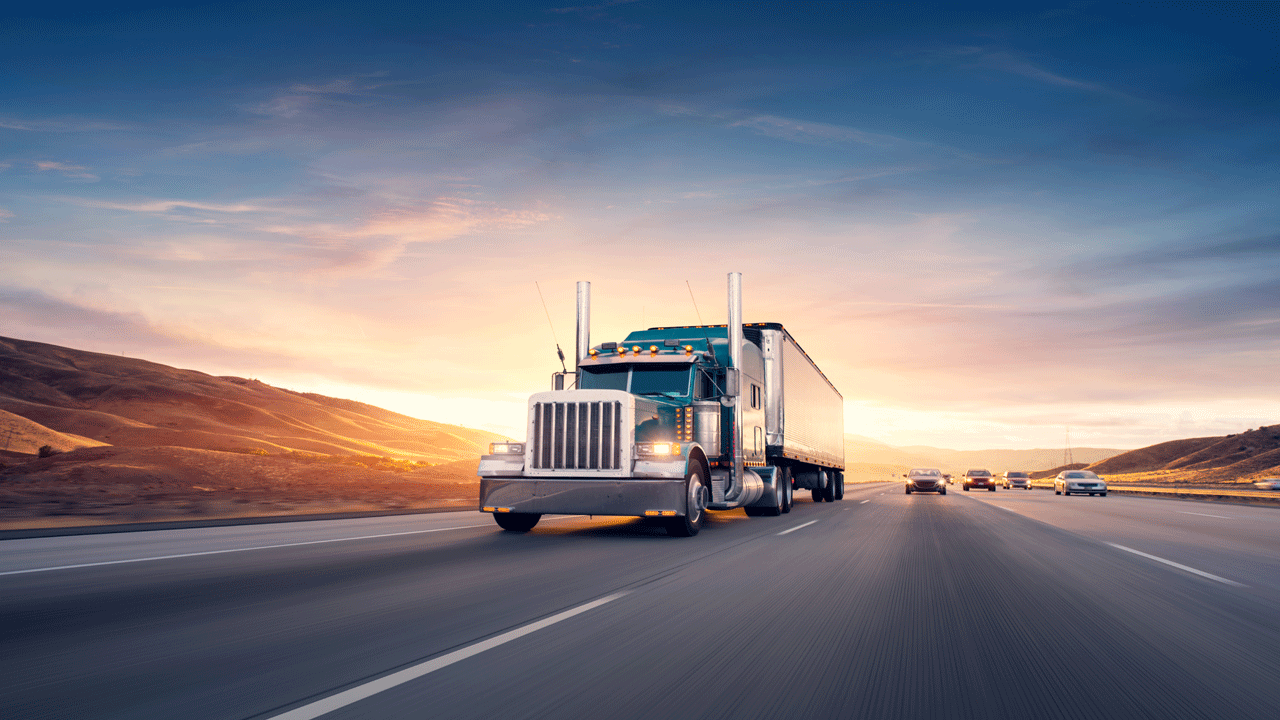
In today’s world, many of our essential goods and resources, such as food, medicine, and fuel, come from other countries or across the U.S.
Natural disasters can disrupt this supply chain, leading to shortages and panic buying, so Preppers should have a plan for self-sufficiency, whether it is a stockpile, a garden, or the skills needed to make what they need.
19. Lack of Safe Housing

In the event of a natural disaster or societal collapse, many people in cities may be forced out of their homes due to damage or unsafe conditions.
Preppers should have a plan for other shelter options, such as a bug-out location or an RV to live in.
20. Travel Issues

Whether an earthquake occurs or flooding, roads may be severely damaged, congested, or blocked, making travel impossible, especially in a city.
Preppers should have backup travel options like biking or walking, with different routes prepared for any blocked routes or safety issues that may arise.
21. Loss of Livelihood

During previous disasters like hurricanes and pandemics, it became evident that in times of crisis, many individuals may lose their jobs or have to close their businesses.
Preppers should start an emergency savings and look for sources of extra income, such as a side business or skills that can be traded for goods and services in a disaster situation.
22. Cities Are a Target

In the case of terrorist attacks or civil unrest, cities are often the targets due to their high population density and symbolic importance.
Preppers should have a plan for evacuating the city if necessary and an emergency shelter in a less populated area.
23. Now We Know

Now that we have thought about some of the reasons city living could cause issues during a disaster, it’s clear that living in a city may be convenient for everyday life, but when it comes to survival, it can quickly become a problem.
Preppers can increase their chances of surviving a disaster by being prepared and knowing about potential threats in a city.
24. How To Survive in a City During a Disaster

The first step to surviving in a city during a disaster is to have a plan, including knowing evacuation routes, emergency shelters, and communication methods.
The next step is to prepare by stocking up on necessary supplies such as food, water, first aid kits, backup power sources, and alternative methods for cooking and heating in case of power outages.
23 Smart Ways to Preserve Food
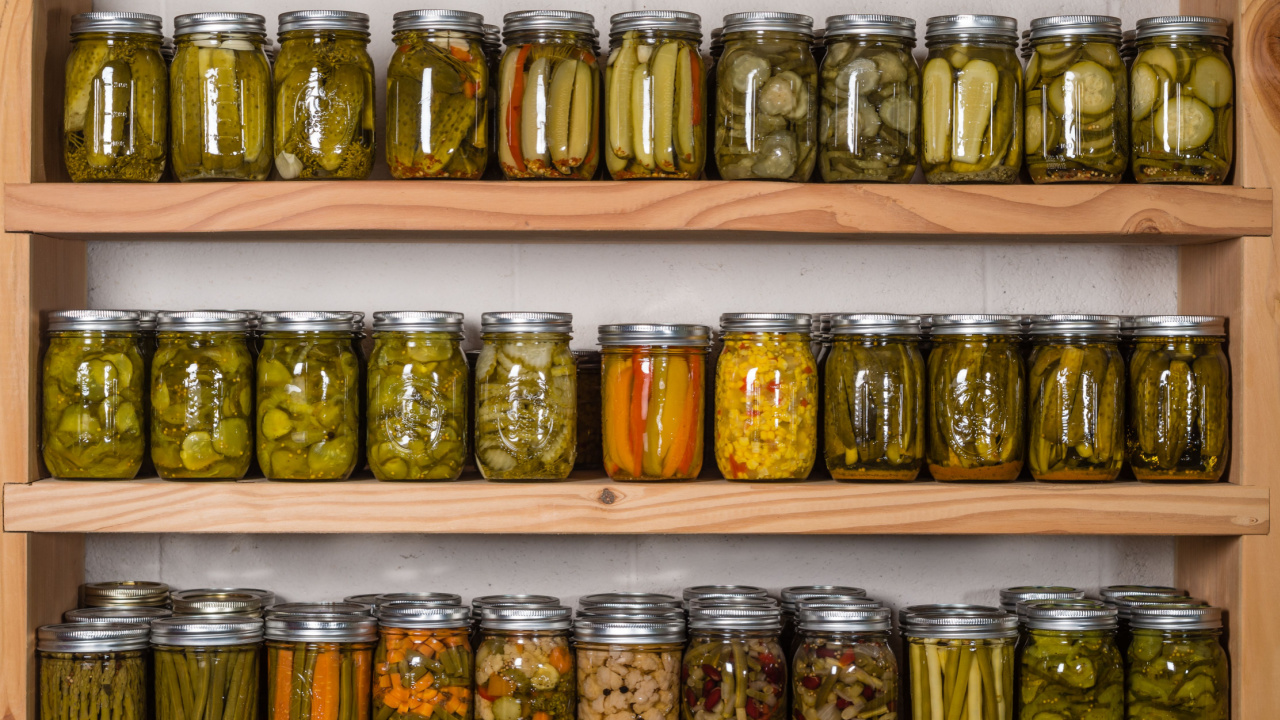
Preserving food is an art as much as it is a science, tapping into our ancestral roots and addressing modern needs. Whether you’re looking to avoid waste, prepare for leaner times, or simply enjoy the fruits of your labor year-round, these 23 smart methods will guide you through. I’m a huge fan of preserving things I find on sale, gluts of produce from my homestead, or produce I’ve bartered with someone else.
14 Pieces of Outdated Money Advice That Can Derail Your FIRE Plan
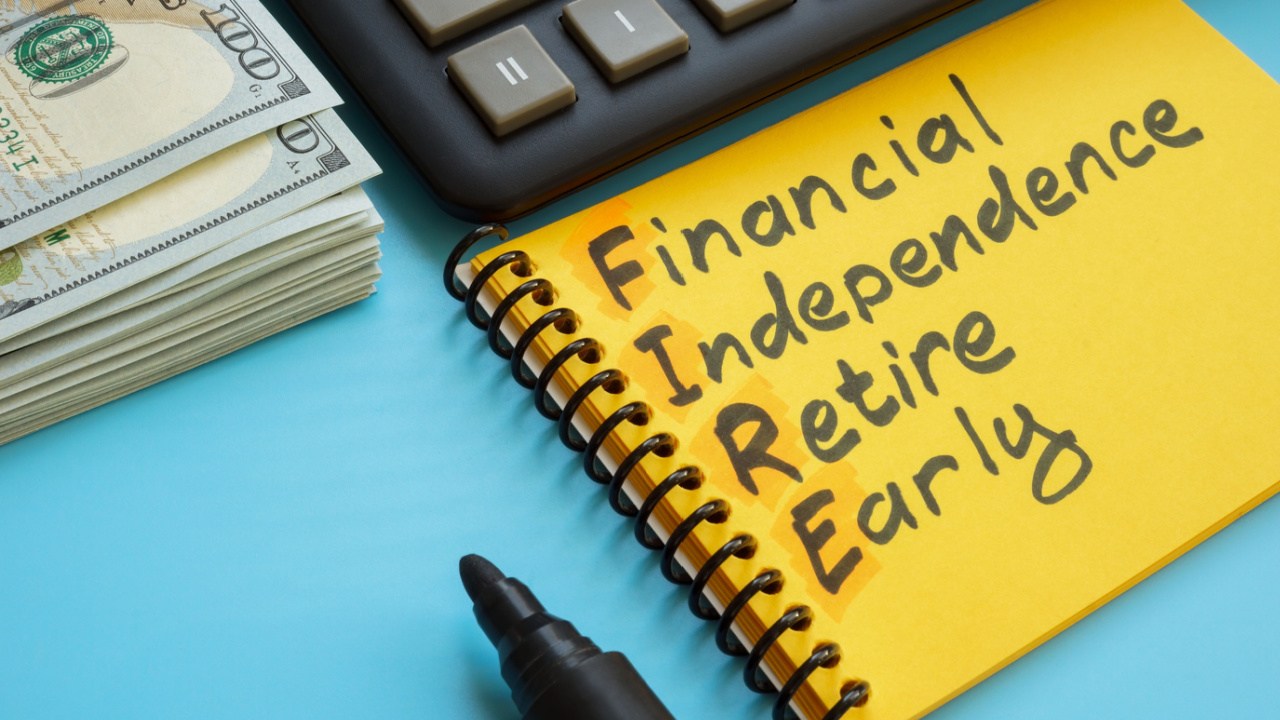
FIRE – Financial Independence, Retire Early. That’s the dream, right? Quit the rat race and live life on our own terms. It’s totally doable. Plenty of people join the FIRE movement and manage to retire pretty quickly. And there’s a LOT of advice out there on how to do it. Sadly, much of the advice is outdated or just plain bad.
12 Money Mistakes That Can Leave You Vulnerable in a Crisis
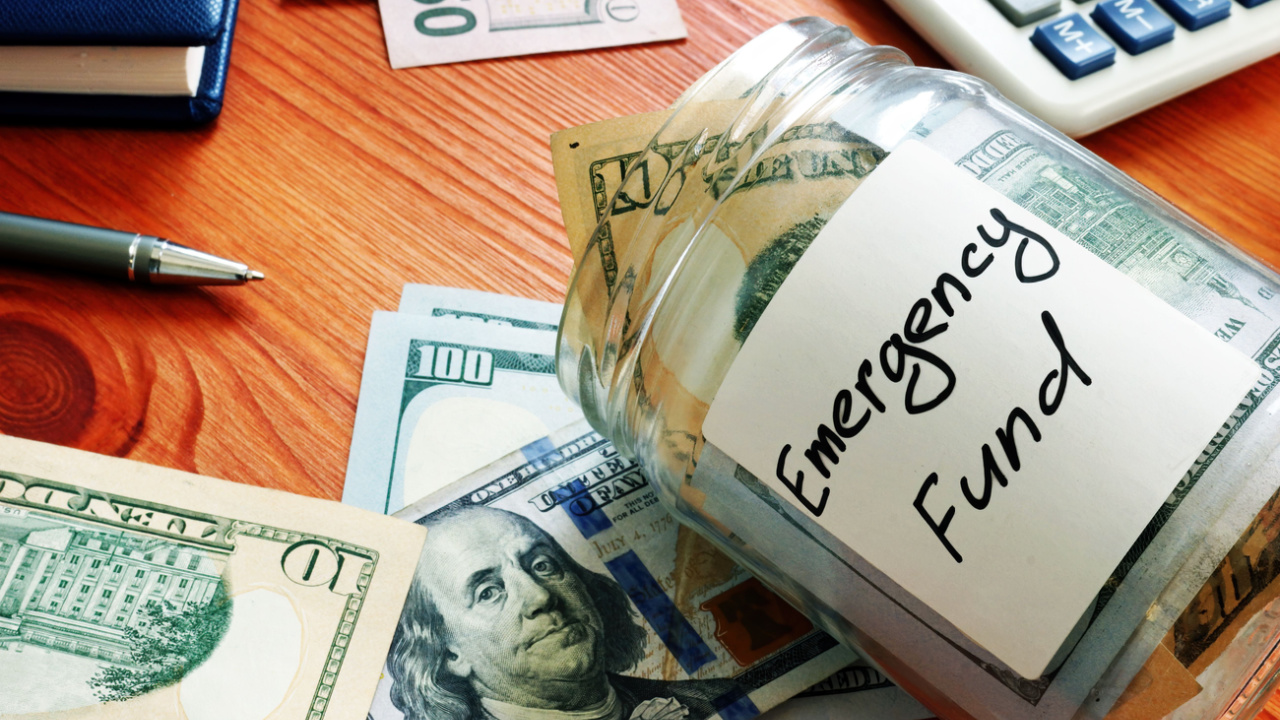
In times of uncertainty, financial stability is more crucial than ever. While prepping for physical emergencies is vital, don’t overlook financial prepping. Avoiding these common money mistakes can help make sure you’re in a stronger position to weather any storm.
